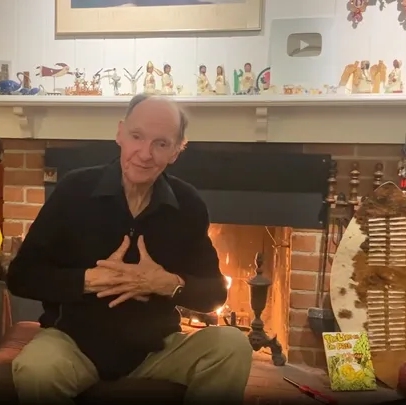
Use of this website constitutes acceptance of the Privacy Policy and User Agreement. Copyright © 2020 Kalimba Magic. All Rights Reserved.
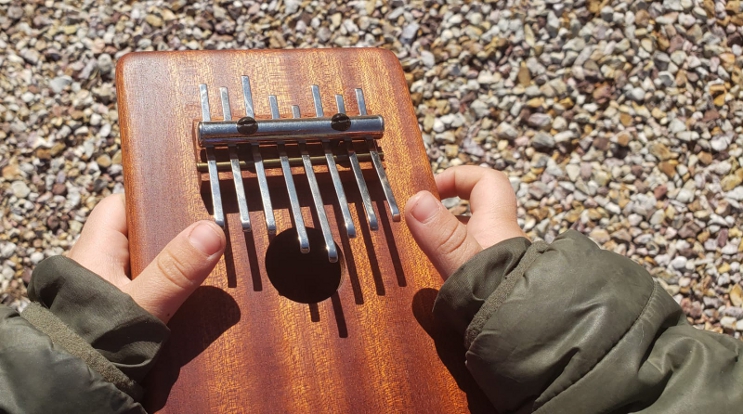
This summer, instead of letting your kid’s cell phone instruct them in the way of video games… maybe it is time for your kid to get a kalimba and begin their kalimba journey?
My rule of thumb for kalimbas and kids is: one tine per year of age. There is a lot of slush in that equation. A 7-Note Kalimba could work for a 6-year-old through 10-year old. Well, my wife was also joyfully learning on a 7-Note, so there really isn’t an age range. And I just turned 60, and still play my 17-Note
OK, here are four kalimbas that I think are great for kids of varying ages:
The Magadi Mini-7 (Big or Small) are great kalimbas for youth. Comes with a free 32-page booklet. Pentatonic tuning, great for beginners.
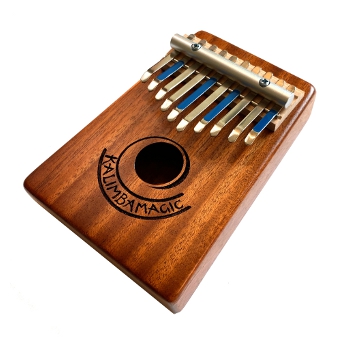
The Kalimba Magic Spiral-10 Kalimba is a really good place to start your kalimba journey. The tines are wider, the tine spacing is a bit larger than typical… so it is easy to play the intended tine. There are 5 tines for each hand, a number that seems doable. The tine tips are rounded and soft for tender thumbs. And everything you learn on this kalimba is immediately transferable to the more advanced 17-Note Kalimbas in C. Comes with a free 32-page booklet on playing the 10-Note Kalimba.
Are you looking to go in a different direction? For those looking for a different experience, try the Moon-10 Kalimba. Available in several exotic tunings!
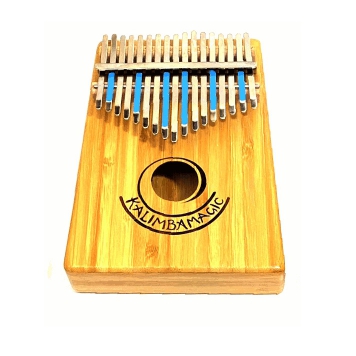
Near the top of our entry level kalimba lader is the Bamboo-17 Kalimba. Though this comes with an intro booklet for the 17-Note Kalimba, there is also a lot of instructional material for the 17-Note Kalimba.
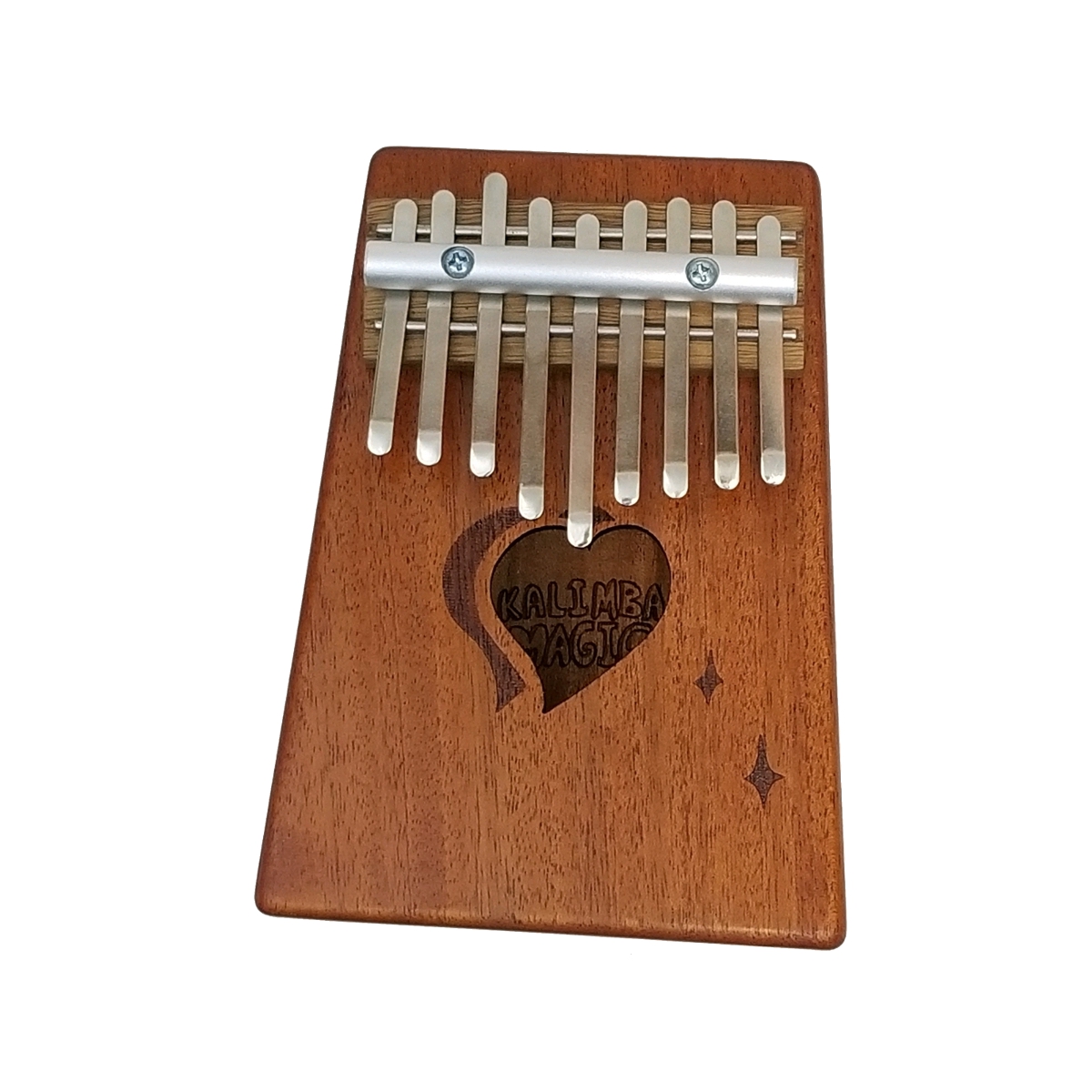
The Student Karimba has the notes arranged in a traditional African tuning that is thought to be the original metal-tined tuning, because these notes are at the center of many other traditional metal-tined kalimbas from Africa. This comes with the free booklet “Student Karimba for Kids”.

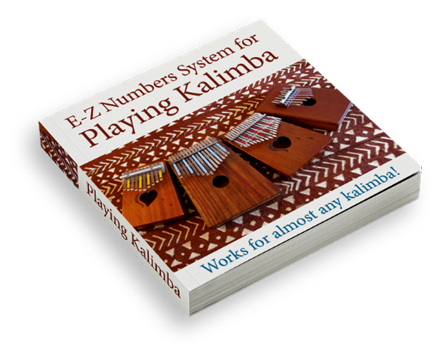
Sign up for our newsletter and free resources with your email address:
We pinky promise not to spam you and to only send good stuff.
 Assist Paul Tracey Rebuild His House in Pacific Palisades
Assist Paul Tracey Rebuild His House in Pacific Palisades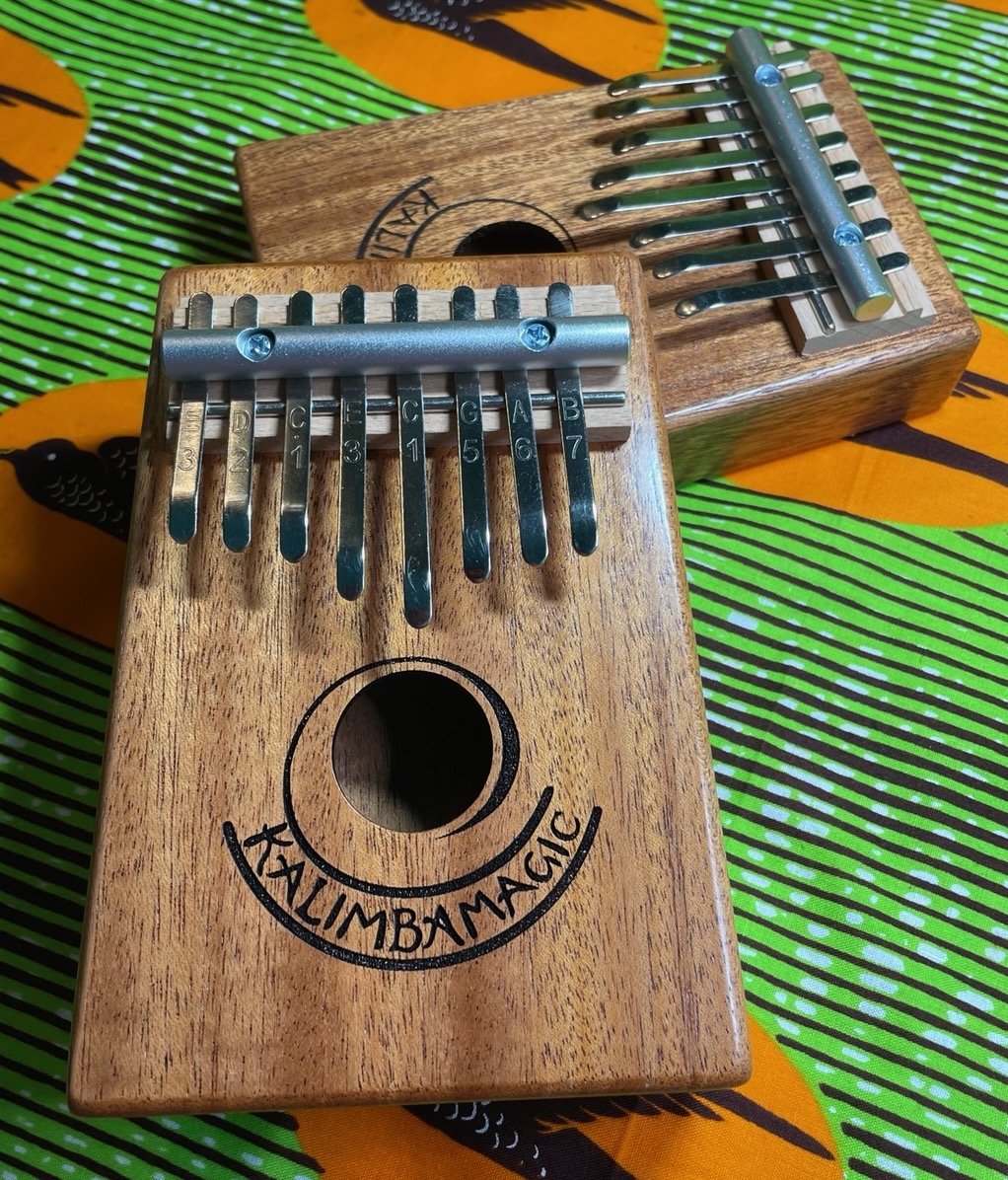 8-Note Spiral Kalimba Turned into a Student Karimba
8-Note Spiral Kalimba Turned into a Student Karimba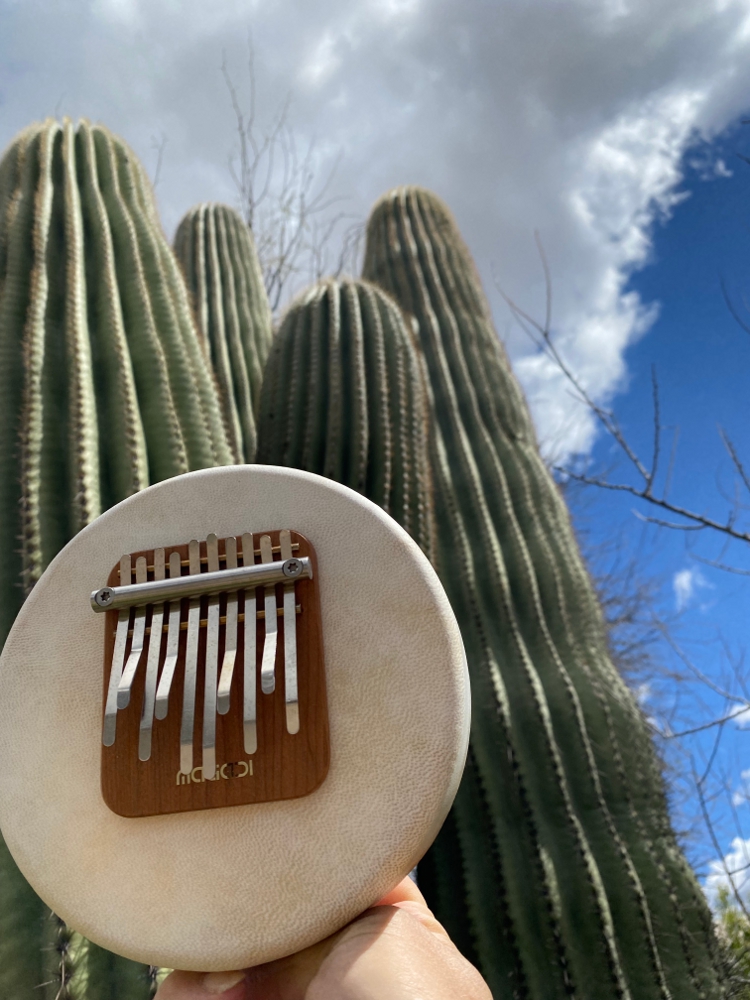 Seek to Infuse Your Musical Moments With Beauty and Magic
Seek to Infuse Your Musical Moments With Beauty and MagicUse of this website constitutes acceptance of the Privacy Policy and User Agreement. Copyright © 2020 Kalimba Magic. All Rights Reserved.